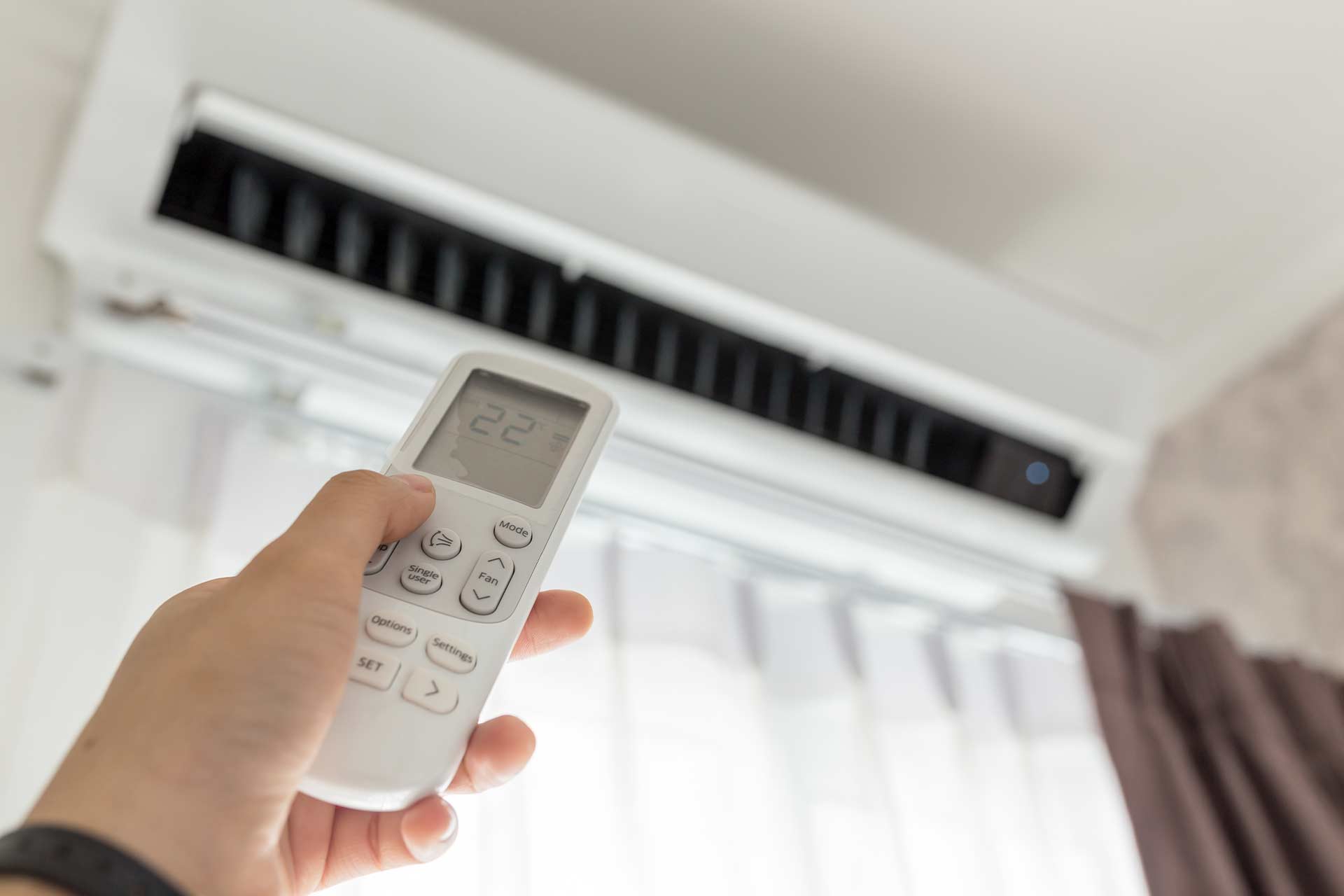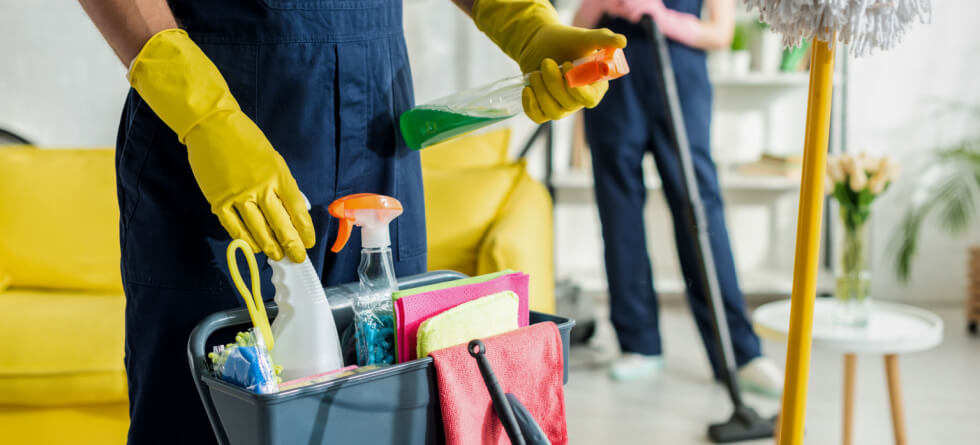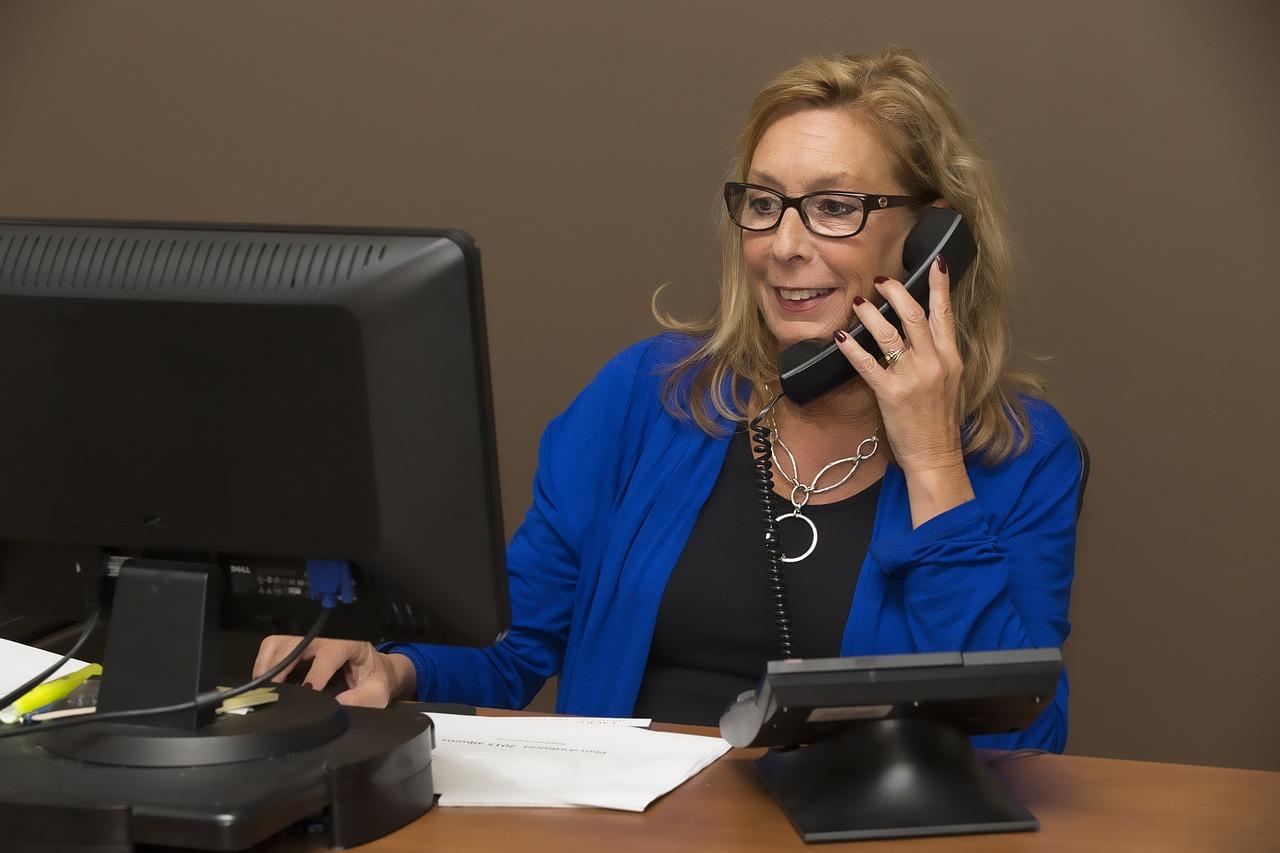
Navigating the complexity of post-divorce plans requires effective co-parenting communication. Parents may promote a peaceful co-parenting relationship by setting clear limits and expectations and putting the kids’ welfare first. Co-parenting that works requires respectful dispute resolution and asking for help when required. This essay explores the value of early rules, open communication, and ensuring that co-parenting efforts always put the needs of the children first.
Establishing clear communication
Good co-parenting following a divorce depends on open and honest communication. Making a communication strategy that suits both parties is essential to guarantee that all decisions about the children are taken in concert. Setting up this strategy may be guided by speaking with a specialist, such as a family law Doncaster consultant. Regular check-ins, shared calendars, and using technology to spur conversations may all be part of this. Respectfully and understandingly, both parents may negotiate the challenges of co-parenting by establishing early limits and communication norms.
Setting boundaries and expectations
Expectations and boundaries must be set clearly for co-parenting to work after a divorce. Determining ground rules for discipline, communication, and decision-making can help prevent misunderstandings and disputes. For a positive co-parenting relationship, both parents should freely talk about and decide on these limits. Early expectations setting helps parents ensure their kids have stability and consistency while negotiating the difficulties of co-parenting in a civil and cooperative way.
Prioritising the children’s well-being
When co-parenting following a divorce, the welfare of the kids must come first. Above all, their kids’ physical and emotional needs should come first for both parents. This creates a loving, secure, and encouraging atmosphere for the kids. Working together to establish a regular schedule and presenting a unified front, parents may guarantee that their co-parenting efforts always prioritise the best interests of their children. Maintaining a consistent routine across both households can greatly reduce the stress children may experience during transitions. Both parents need to participate actively in their children’s lives, attending school events and extracurricular activities to foster a sense of normalcy and support. Moreover, open dialogue about the children’s progress and challenges helps parents stay aligned on their educational, social, and emotional developments.
Resolving conflict and seeking support
Good co-parenting after a divorce depends on early conflict resolution and asking for help when required. Parents must handle conflicts coolly and politely, concentrating on finding answers to help their kids. Seeking the advice of a mediator or counsellor can assist in promoting constructive conversations and keep disagreements from worsening when they do emerge. For their children’s sake, parents may successfully negotiate co-parenting obstacles and preserve a positive co-parenting relationship by admitting the difficulties and being willing to look for outside help.
In summary, effective co-parenting after a divorce depends on well-defined limits, open lines of communication, and putting the kids’ needs first. Parents may negotiate difficulties with understanding and collaboration by encouraging a cooperative and polite dynamic. Keeping a good co-parenting relationship requires rapid resolution of issues and asking for help when needed. In the end, parents may provide a secure and caring atmosphere that promotes their children’s emotional and physical growth by prioritising the children’s needs and cooperating peacefully.
Image attributed to Pexels.com








